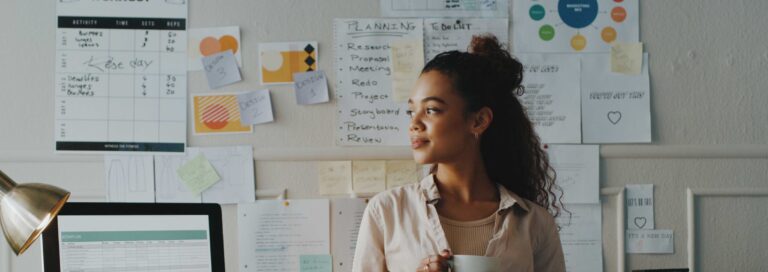Blog
Explore insights, advice, and support from our team.
Featured blogs
Stay informed with our informative and popular blog posts.
We’re here to help
Get in touch
Managing debt can be difficult, but we’re here to help. Our Insolvency Advisors can show you your options and help you choose the best plan for you.
![]() See if you qualify
See if you qualify
Leave us your information and one of our advisors will reach out to you.
![]() Start a live chat
Start a live chat
Chat live with an insolvency advisor during the following hours: Mon–Thurs: 6:30am–8:00pm, Fri: 6:30am–5:00pm, Sat: 8:00am–5:00pm, MDT.











